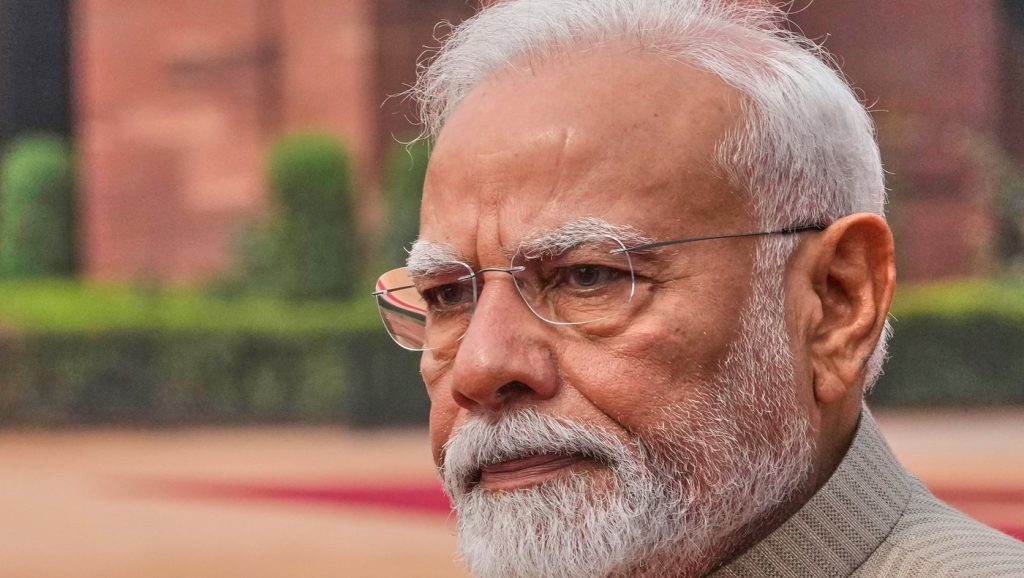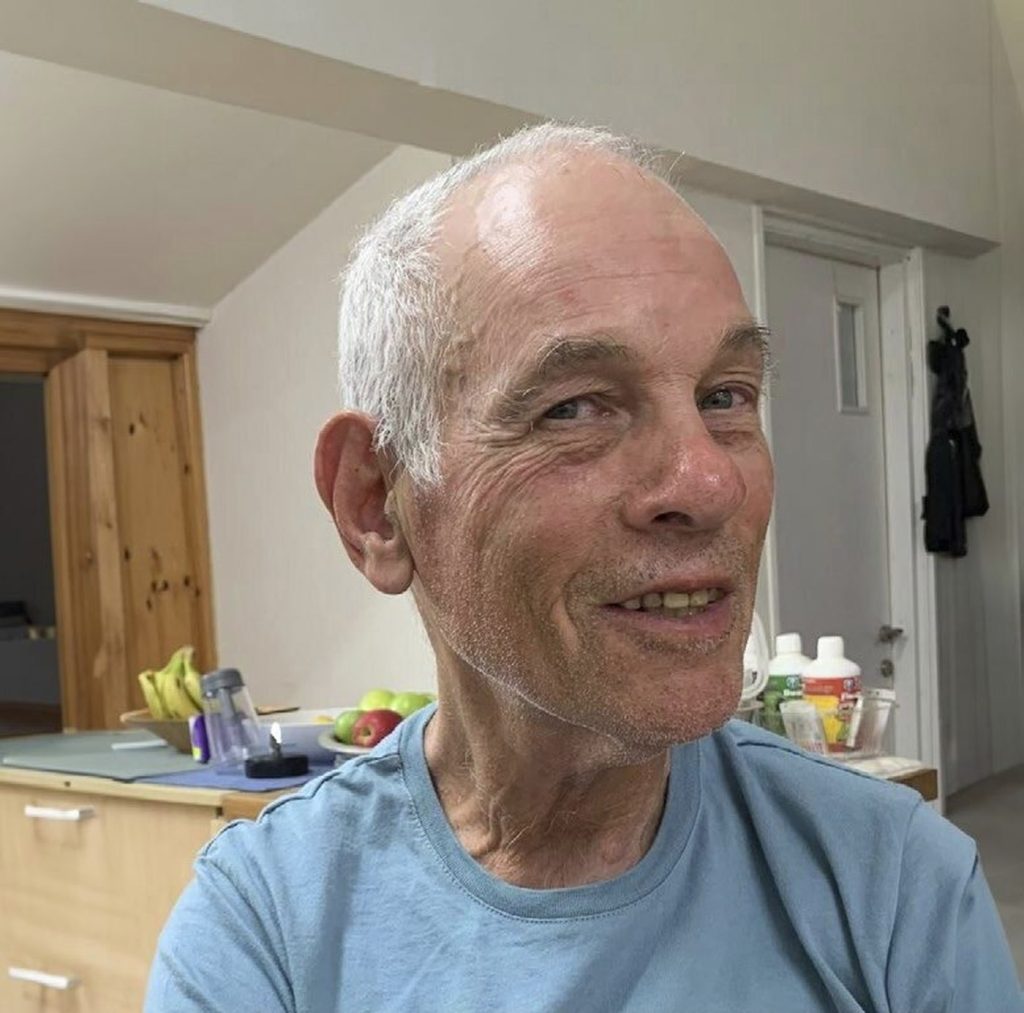OTTAWA – Prime Minister Mark Carney is facing criticism for inviting Indian Prime Minister Narendra Modi to the upcoming G7 summit, despite links drawn by security officials between Modi's government and the assassination of a Canadian Sikh activist, Hardeep Singh Nijjar, in June 2023. The G7 summit is scheduled for June 15 to 17, 2025, in Kananaskis, Alberta.
During a press conference on Parliament Hill, Carney defended the invitation extended to Modi, highlighting India's significant role as one of the world's largest economies and its importance in global supply chains. He noted that continued law enforcement dialogue has been agreed upon, emphasizing the necessity of accountability. “I extended the invitation to Prime Minister Modi in that context and he has accepted,” Carney stated.
Modi expressed his gratitude for the invitation on social media, focusing on the partnership between India and Canada. However, his comments did not reference the law enforcement dialogue mentioned by Carney. The invitation has drawn sharp criticism from the World Sikh Organization of Canada, which previously urged Carney not to invite Modi due to the ongoing tensions related to Nijjar's murder. Balpreet Singh, a representative from the organization, labeled Carney's actions a “betrayal of Canadian values,” especially since the summit coincides with the anniversary of Nijjar’s assassination.
The relationship between Canada and India has been strained since Justin Trudeau's accusation, made in September 2023, that Indian government agents were involved in Nijjar's death. In response to this, the Indian government rejected the allegations and accused Canada of harboring “Khalistani terrorists.” Subsequently, in May 2024, four Indian nationals were arrested in relation to Nijjar’s murder, followed by further claims in October 2024 linking Indian government agents to various criminal activities in Canada.
Carney, when pressed about his decision given the unresolved issues surrounding Nijjar's death, maintained that it would be inappropriate to comment on ongoing legal processes. He reiterated that the “rule of law is proceeding as it should in Canada.” Experts like Naresh Raghubeer have suggested that Canada should aim to reset the diplomatic relationship with India, emphasizing the importance of maintaining strong bilateral ties with such a significant economy.
Former Prime Minister Stephen Harper and Conservative Leader Pierre Poilievre supported the invitation to Modi, stressing the need for collaboration with India on trade and security issues. Meanwhile, NDP critics condemned the invitation, expressing sympathy for the Sikh community and calling for Canada to uphold human rights and accountability standards. “Some of these Canadians live in fear of threats of reprisal against themselves and their families,” NDP Foreign Affairs critic Heather McPherson remarked.
As the situation evolves, the World Sikh Organization has stated it does not plan further correspondence with Carney regarding Modi's invitation, citing a lack of response to their prior outreach. The G7 summit will also see the attendance of other non-member world leaders, including Ukrainian President Volodymyr Zelenskyy and Mexican President Claudia Sheinbaum, although attendance confirmations from these leaders are still pending.












